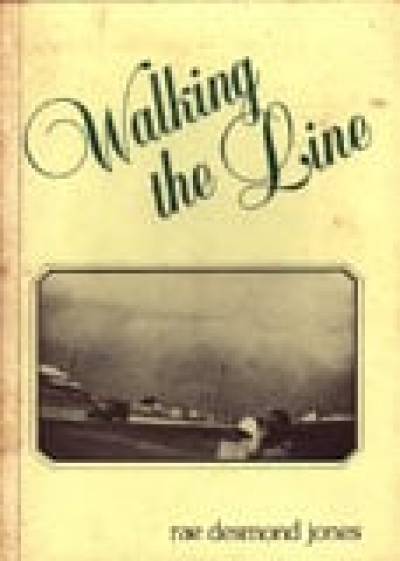I found this a book of uncertain trajectory. On the one hand its target seems to be a broad readership, for these forty-three short stories were first written for the periodical, Tabloid Story, whose method of distribution has been the effective one of being hosted by student and national journals of wide circulation. On the other hand, the collection includes a long self-conscious explanation of itself whose apparent interest in a secure perch on a tertiary syllabus would exclude the popular audience. In it the editor outlines why these stories represent a revolution in Australian short fiction, anatomises the causes and course of this upheaval, locates its European and Latin American antecedents, names its genres – in short tells why his authors should attract serious study rather than serious enjoyment. The ruse, of course, is to hallow an episode in Australian literature, a manoeuvre that I found as transparent as it is indicative of shaky confidence. A revolution with genuine roots will hallow itself.
...
(read more)





